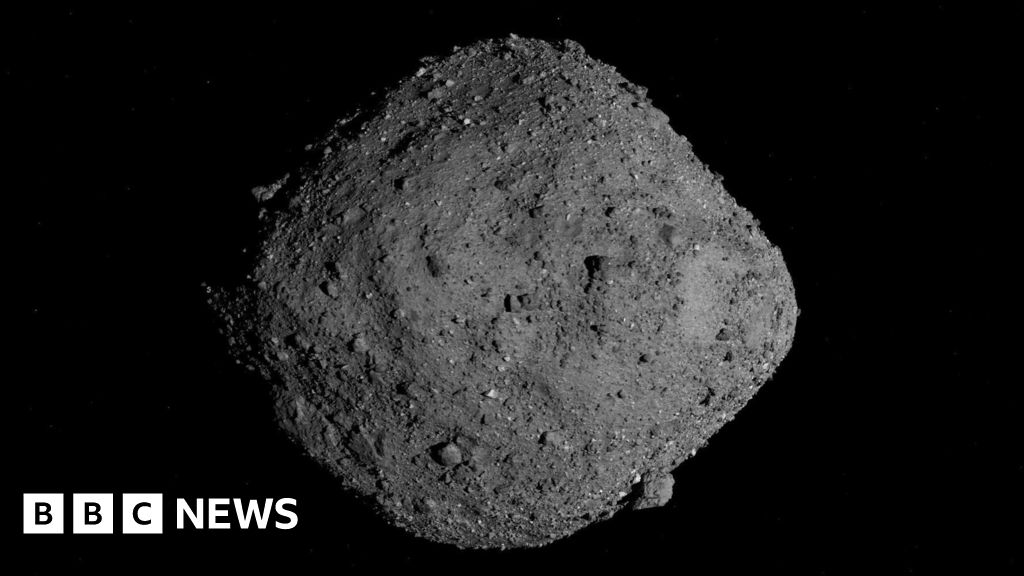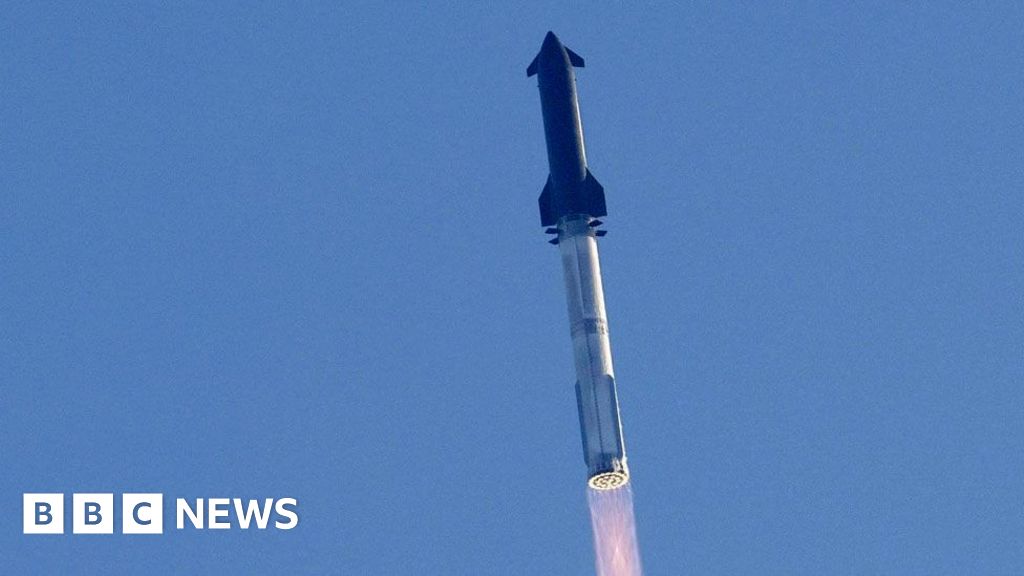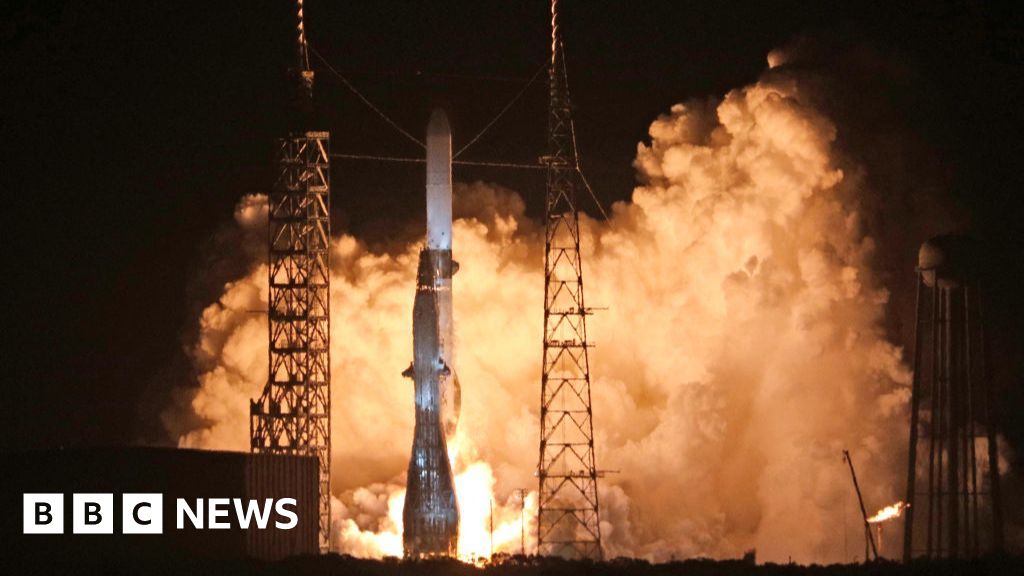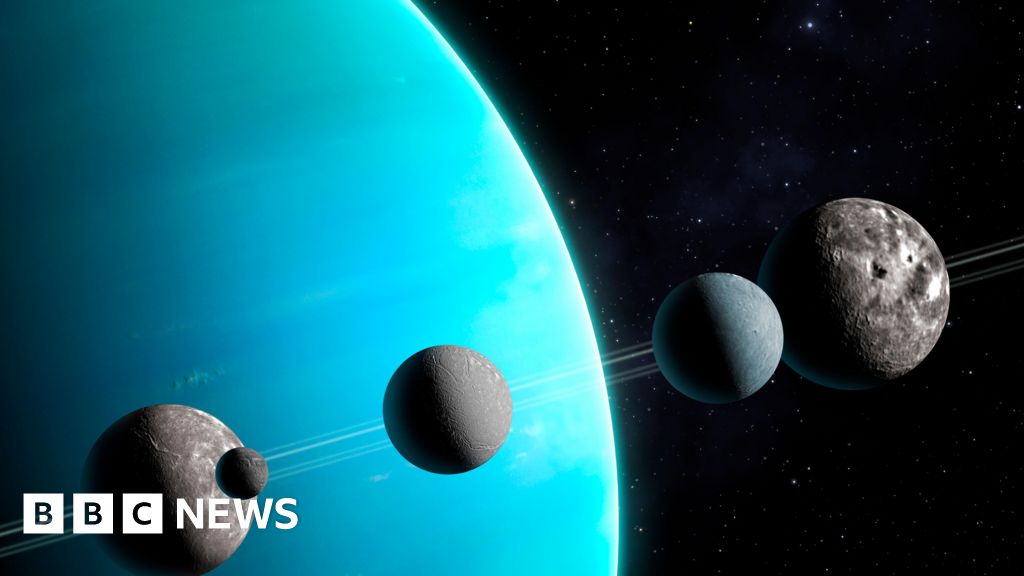[ad_1] Rebecca MorelleScience Editor andAlison FrancisSenior Science Journalist NASA/Goddard/University of ArizonaAsteroid Bennu is a 500m-wide pile of boulders, rocks and rubbleThe chemical building blocks of life have been found in the grainy dust of an asteroid called Bennu, an analysis reveals.Samples of the space rock, which were scooped up by a Nasa spacecraft and brought to Earth, contain a rich array of minerals and thousands of organic compounds.These include amino
[ad_1] Watch: SpaceX loses Starship spacecraft but catches booster on seventh test flightThe latest test of Space X's giant Starship rocket has failed, minutes after launch. Officials at Elon Musk's company said the upper stage was lost after problems developed after lift-off from Texas on Thursday.But the Super Heavy booster managed to return to its launchpad as planned, prompting an eruption of applause from ground control teams.The mission came hours
[ad_1] Georgina RannardClimate and science reporterWatch: Lift-off for Jeff Bezos' Blue Origin as rocket New Glenn launches into orbitAmazon founder Jeff Bezos's space company has blasted its first rocket into orbit in a bid to challenge the dominance of Elon Musk's SpaceX.The New Glenn rocket launched from Cape Canaveral Space Force Station in Florida at 02:02 local time (07:02 GMT).It firmly pits the world's two richest men against each other
[ad_1] Jonathan O’CallaghanBBCOn Christmas Eve, an autonomous spacecraft flew past the Sun, closer than any human-made object before it. Swooping through the atmosphere, Nasa's Parker Solar Probe was on a mission to discover more about the Sun, including how it affects space weather on Earth.This was a landmark moment for humanity – but one without any human directly involved, as the spacecraft carried out its pre-programmed tasks by itself as
[ad_1] Pallab GhoshScience CorrespondentSPLArtwork: Uranus and its five largest moons had been thought to be inactive and sterile. The planet Uranus and its five biggest moons may not be the dead sterile worlds that scientists have long thought.Instead, they may have oceans, and the moons may even be capable of supporting life, scientists say.Much of what we know about them was gathered by Nasa’s Voyager 2 spacecraft which visited nearly





